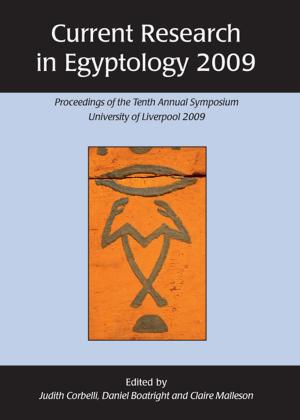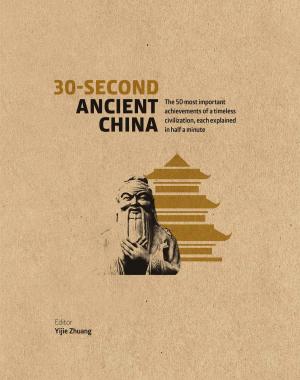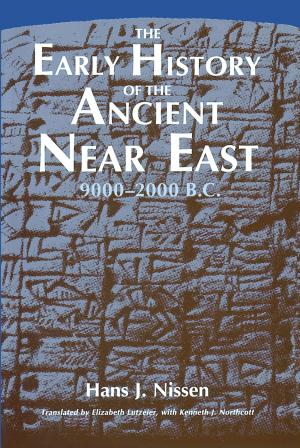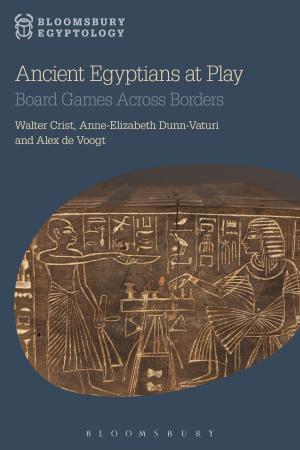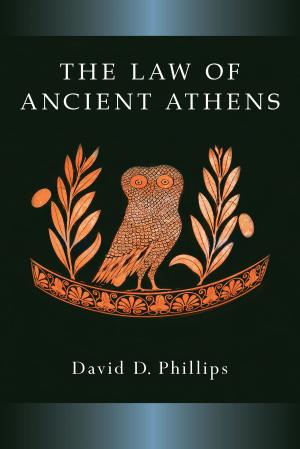| Author: | Cassius Amicus | ISBN: | 9781301997312 |
| Publisher: | Cassius Amicus | Publication: | October 2, 2013 |
| Imprint: | Smashwords Edition | Language: | English |
| Author: | Cassius Amicus |
| ISBN: | 9781301997312 |
| Publisher: | Cassius Amicus |
| Publication: | October 2, 2013 |
| Imprint: | Smashwords Edition |
| Language: | English |
Against the Men of the Crowd, the title essay in this collection, presents a summary of the full frontal attack which Epicurus launched on the religions and the virtues of the leaders of the Men of the Crowd. I do not represent that any of the text in this essay is a direct translation of the ancient records. I do not represent that any of the ideas in this essay were arranged in the ancient texts in the same way they are arranged here. What I do represent is that each of the arguments and ideas presented here existed in substantially the same form in the works of Epicurus and his followers two thousand years ago. My goal in preparing this new essay has been to cut through the layers of misrepresentation, misunderstanding, and academic commentary and to present the ideas of Epicurus to the average man or woman of today in way that is at one and the same time relevant, understandable, and fully consistent with the vision of the ancient Epicureans.
The reader who is familiar with Epicurean literature will readily recognize the sources of the arguments that have been combined to make up Against the Men of the Crowd. Beginning with the theme presented in the opening of Book VI of Lucretius’ “On the Nature of Things,” the essay then turns to the issue of how we know what it is we claim to know, as developed in other sections of Lucretius’ poem. Many of the details that follow are taken from the work known as “On Methods of Inference,” left to us by Philodemus of Gadara, and preserved for the modern world only due to the burial of Herculaneum in the eruption of Pompeii in 79 AD. After those details are presented, the urgency of the issues involved are emphasized with arguments taken from one of the many Epicurean letters of Seneca. The essay concludes with the summation delivered by Torquatus in his extensive “Defense of Epicurus” from Cicero’s “On Ends.”
The next five chapters which follow are my “Elemental Editions” of the several of the most authoritative Epicurean texts, included here for the first time in book form. These are: (2) Epicurus’ Letter to Herodotus on general principles of Nature, (3) Epicurus’ letter to Pythocles on Astronomy, (4) Epicurus’ Letter to Menoeceus on Ethics, (5) The Inscription of Diogenes of Oinoanda, and (6) the “Defense of Epicurus” delivered by Torquatus as recorded by Cicero. Like the opening essay, the texts of these “Elemental Editions” are not literal translations, but modernized paraphrases tuned to the ear and the style of a modern audience.
With no apology let me emphasize that this book is not written for academic researchers, or for those whose interest in Epicurus is primarily historical. This book is written for those who wish to understand for themselves, so they can apply for themselves in their own lives, the wisdom of Epicurus.
In the words which Frances Wright gave to Epicurus in 1822,
Let us arise in our strength, examine, judge, and be free!
Peace and Safety!
Cassius Amicus, October, 2013
Against the Men of the Crowd, the title essay in this collection, presents a summary of the full frontal attack which Epicurus launched on the religions and the virtues of the leaders of the Men of the Crowd. I do not represent that any of the text in this essay is a direct translation of the ancient records. I do not represent that any of the ideas in this essay were arranged in the ancient texts in the same way they are arranged here. What I do represent is that each of the arguments and ideas presented here existed in substantially the same form in the works of Epicurus and his followers two thousand years ago. My goal in preparing this new essay has been to cut through the layers of misrepresentation, misunderstanding, and academic commentary and to present the ideas of Epicurus to the average man or woman of today in way that is at one and the same time relevant, understandable, and fully consistent with the vision of the ancient Epicureans.
The reader who is familiar with Epicurean literature will readily recognize the sources of the arguments that have been combined to make up Against the Men of the Crowd. Beginning with the theme presented in the opening of Book VI of Lucretius’ “On the Nature of Things,” the essay then turns to the issue of how we know what it is we claim to know, as developed in other sections of Lucretius’ poem. Many of the details that follow are taken from the work known as “On Methods of Inference,” left to us by Philodemus of Gadara, and preserved for the modern world only due to the burial of Herculaneum in the eruption of Pompeii in 79 AD. After those details are presented, the urgency of the issues involved are emphasized with arguments taken from one of the many Epicurean letters of Seneca. The essay concludes with the summation delivered by Torquatus in his extensive “Defense of Epicurus” from Cicero’s “On Ends.”
The next five chapters which follow are my “Elemental Editions” of the several of the most authoritative Epicurean texts, included here for the first time in book form. These are: (2) Epicurus’ Letter to Herodotus on general principles of Nature, (3) Epicurus’ letter to Pythocles on Astronomy, (4) Epicurus’ Letter to Menoeceus on Ethics, (5) The Inscription of Diogenes of Oinoanda, and (6) the “Defense of Epicurus” delivered by Torquatus as recorded by Cicero. Like the opening essay, the texts of these “Elemental Editions” are not literal translations, but modernized paraphrases tuned to the ear and the style of a modern audience.
With no apology let me emphasize that this book is not written for academic researchers, or for those whose interest in Epicurus is primarily historical. This book is written for those who wish to understand for themselves, so they can apply for themselves in their own lives, the wisdom of Epicurus.
In the words which Frances Wright gave to Epicurus in 1822,
Let us arise in our strength, examine, judge, and be free!
Peace and Safety!
Cassius Amicus, October, 2013

